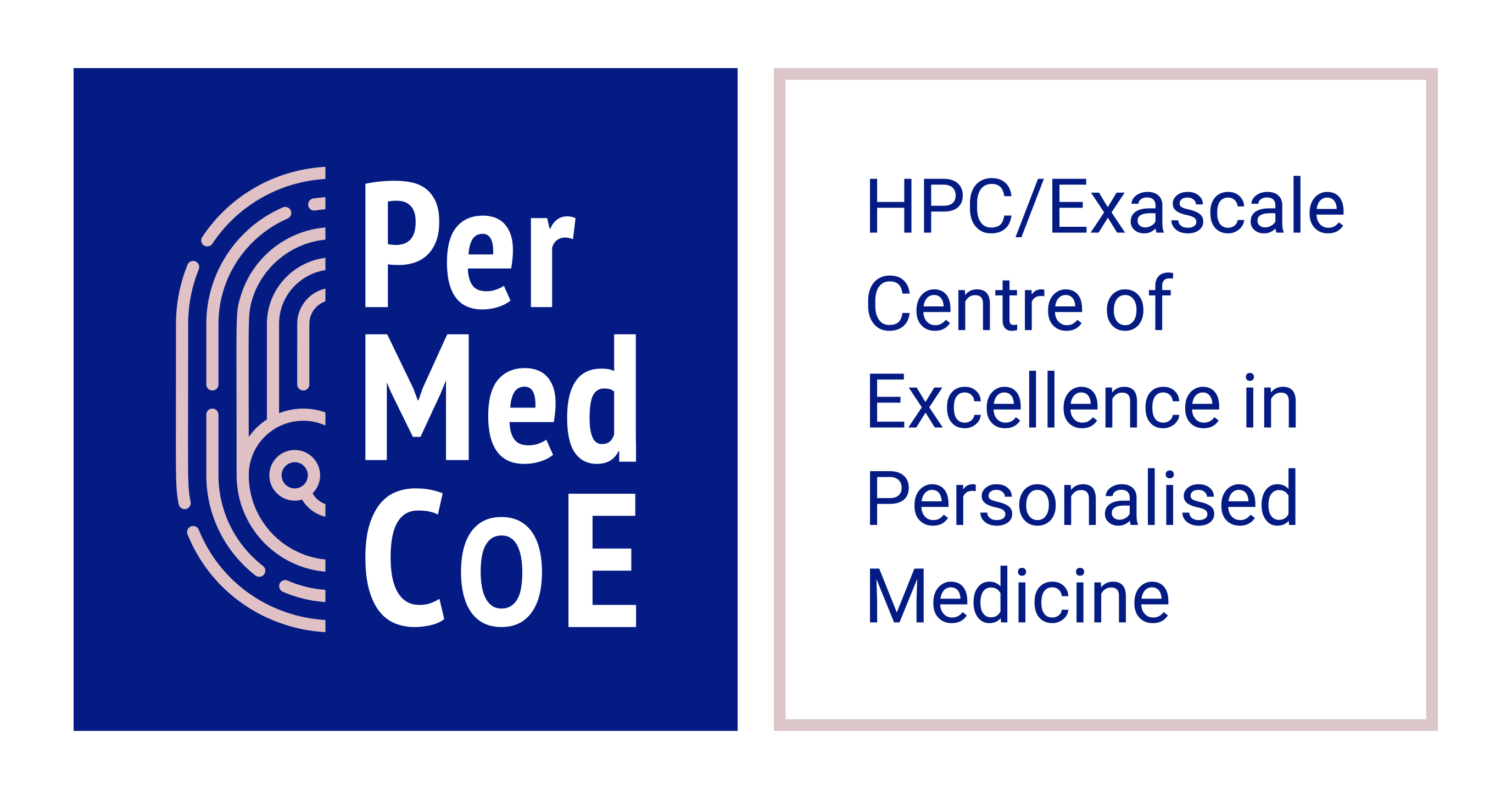- Home
- Materials
Filters
Sort
-
-
Filter Clear filters
-
-
Scientific topic
- Computational biology1
- Show N_FILTERS more
-
-
-
Tool
- PhysiCell
- Bioconductor23
- Data Stewardship Wizard22
- REDCap20
- RDMkit8
- Ontology Lookup Service6
- BridgeDb5
- COPASI5
- Chipster4
- RStudio4
- BridgeDbR3
- DISEASES3
- InterMine3
- InterMineR3
- MGnify (was EBI Metagenomics)3
- OMERO3
- Zooma3
- CARNIVAL2
- CellNOptR2
- Cytoscape2
- European Nucleotide Archive (ENA)2
- PathVisio2
- STITCH2
- STRING2
- V-pipe2
- ViralZone2
- WikiPathways2
- Wikidata2
- bio.tools2
- AlphaFold 21
- BEDTools1
- BioSimulations1
- BioSimulators1
- BridgeDb API1
- CDK Depict1
- COBREXA.jl1
- Cellosaurus1
- ChEBI1
- Cufflinks1
- Data Information System (DAISY)1
- DataDiscovery1
- Datanator1
- EDAM-Browser1
- EXTRACT1
- Galaxy1
- GlyConnect1
- HumanMine1
- ISMARA1
- Identifiers.org1
- MGnify1
- MaBoSS1
- Minimap21
- MouseMine1
- ORGANISMS1
- PLAZA dicots1
- PLAZA monocots1
- R1
- RCy31
- SEEK1
- SRA1
- TargetMine1
- WebMaBoSS1
- WheatIS1
- edgeR1
- neXtProt1
- nextstrain.org1
- omnipy1
- progeny1
- runBioSimulations1
- stringApp1
- tidybulk1
- Show N_FILTERS more
-
-
-
Content provider
- PerMedCoE1
- Show N_FILTERS more
-
-
-
Difficulty level
- Intermediate1
- Show N_FILTERS more
-
-
-
Target audience
- life science researchers1
- Show N_FILTERS more
-
-
-
Resource type
- Presentation1
- Tutorial1
- Show N_FILTERS more
-
-
-
Status
- Active1
- Show N_FILTERS more
-
- Show archived materials
